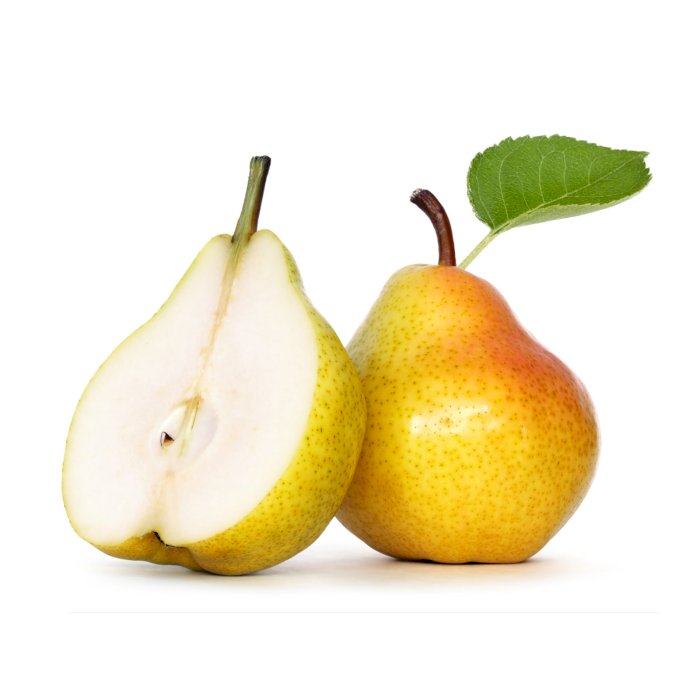

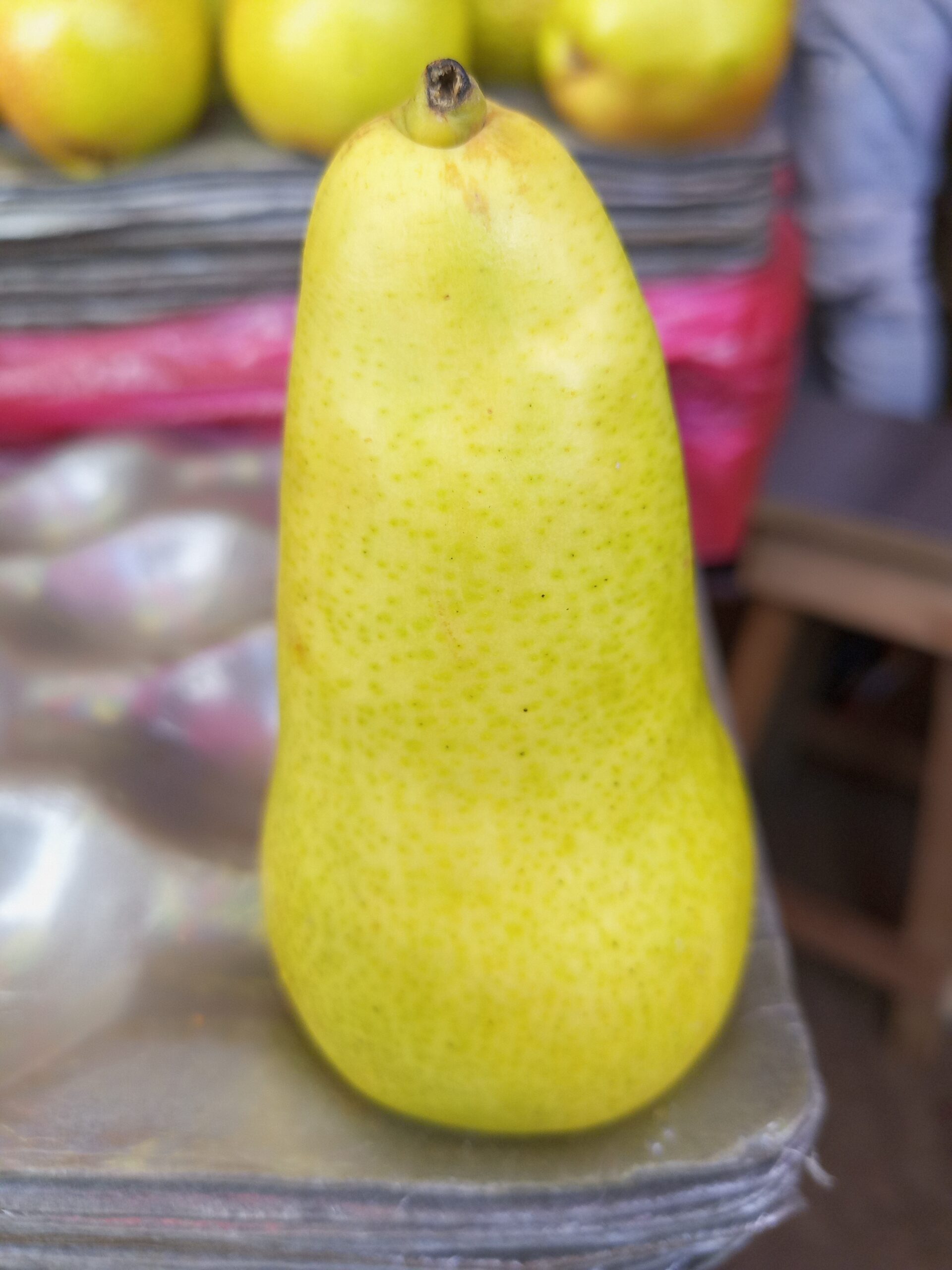

PEARS
Original price was: UGX2,800.00.UGX2,000.00Current price is: UGX2,000.00.
Nutritional Facts
Amount per 100 grams of Pear-
- Calories – 57 Kcal
- Total fat – 0.1 g
- Saturated fat – 0g
- Polyunsaturated fat – 0.1g
- Monounsaturated fat – 0.1g
- Cholesterol – 0 mg
- Sodium – 0.1 mg
- Potassium – 116 mg
- Dietary fiber – 3.1 g
- Sugar – 10 g
- Protein – 0.4 g
- Vitamin C – 7 mg
42 in stock
Description
Health Benefits of Pears
Reduced Cancer Risk: Excessive amount of bile acids in the intestine can increase risk of colorectal cancer as well as intestinal problems. Fiber in pears has a tendency to get attached to bile acid; particularly secondary bile acids preventing the risk of colon cancer. Also phytonutrients present in pears help lower the risk of gastric cancer. A study conducted by National Institute of Health and the American Association of Retired persons involving 490802 participants, has revealed that pears when consumed also help reducing the risk of esophageal cancer.
Reduced Risk of Cardiovascular Diseases: Pear fibers have the ability to bind with bile acids in the intestine and reduce the pool of bile acid, which in turn decreases the synthesis of cholesterol. A study has revealed that pear’s capacity to bind to bile acids when compared to cholesterol lowering drug cholestyramine is about 5 percent of the ability of the drug to accomplish the result. Amongst other fruits which are commonly consumed, only bananas and pineapples showed more bile acid with their binding ability being 9 percent and 6 percent respectively.
Reduced Risk of Type -2 Diabetes Mellitus: As pears have adequate amount of soluble and insoluble fiber, consumption of this fruit helps in lowering the risk of diabetes. Several studies have shown that flavonols, flavon-3-ols, and anthocyanins present in the pear help in improving insulin sensitivity and hence regulate the levels of glucose in the body in the proper way.
Antioxidant and Anti-Inflammatory Properties: A study on aging found that pear has been ranked as the second highest source of flavonols among all fruits and vegetables, partly due to epicatechin richness of the fruit. All these components present in the pear have antioxidant properties and also enhance anti-inflammatory support. As a result consumption of pears has now been associated with decreased risk of several common chronic diseases that starts with chronic inflammation and excessive oxidation stress. Some of the phytonutrients present in pear fruit are hydroxybenzoic acids, hydroxycinnamic acids, hydroxyquinones, flavanols (also called as Flavon-3-ols), flavonols, and carotenoids.
High Amount of Vitamin C: Pears contain high amounts of vitamin C which is an antioxidant. Hence consumption of pears leads to prevention of scurvy caused by deficiency of vitamin C. Vitamin C also has tissue building properties and therefore works well in healing of wounds and cuts.
Hypoallergenic Properties: Sometimes pear is the first fruit to be introduced to an infant as it is considered to be less allergenic than other fruits and food items. Pears have low amounts of salicylates and benzoates, so are recommended to allergy sufferers.
Laxative: Pears work as a very good laxative and are known to ease constipation. High amounts of dietary fibers in the peel of pear fruit works well on the digestion system and increase the bowel movement as well
Fat Free and Cholesterol Free: Including pears in one’s diet in place of higher fat foods may decrease overall intake of fat and cholesterol hence cutting down many associated risk of various diseases. So, it can be concluded that pear fruit has myriad of benefits if consumed on a regular basis. This delicacy should be included in the diet and its benefits should be enjoyed by each and every person.
Only logged in customers who have purchased this product may leave a review.
Shipping Policy
Order with Cash
Transport paid by client
General Inquiries
There are no inquiries yet.
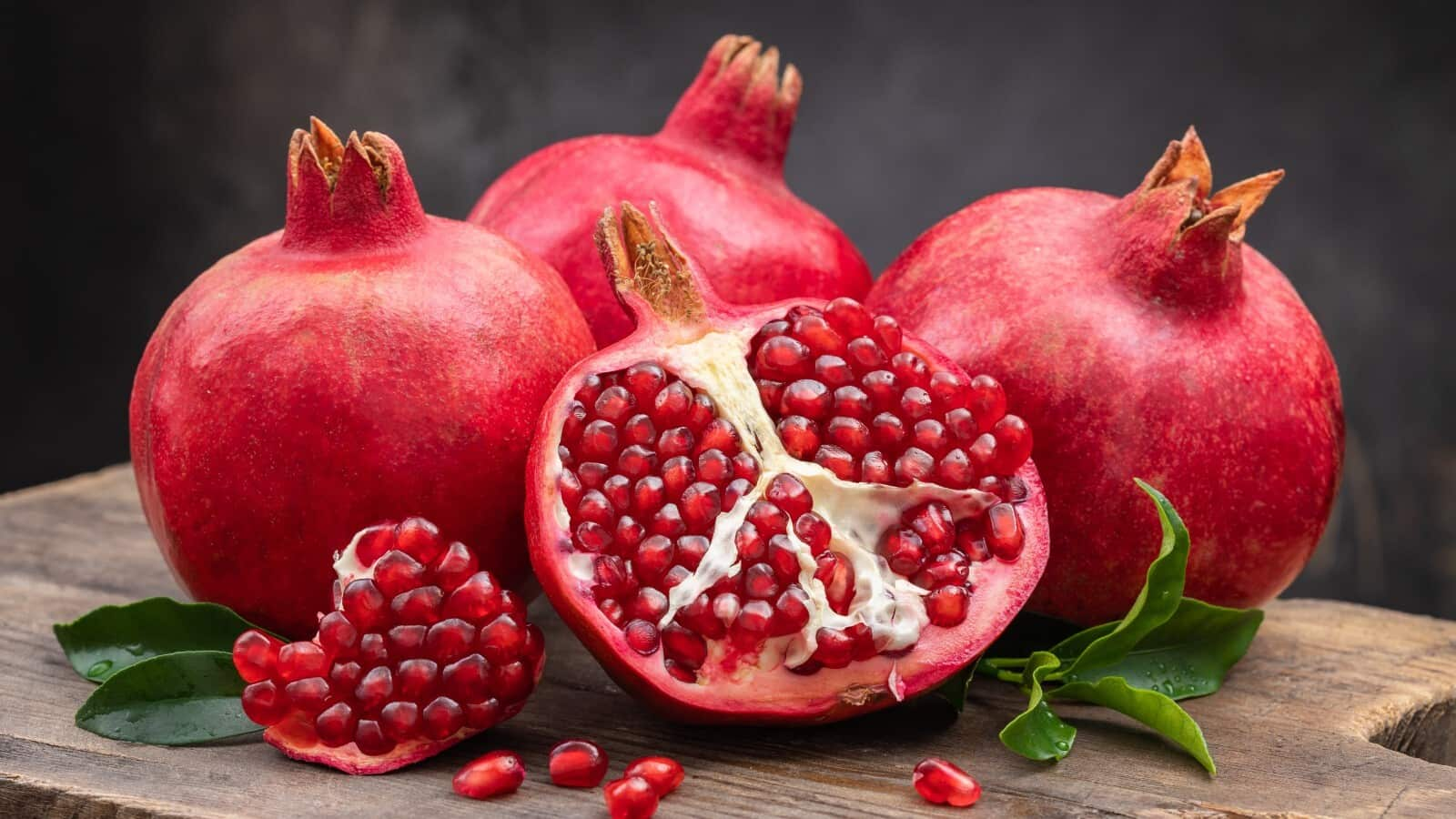
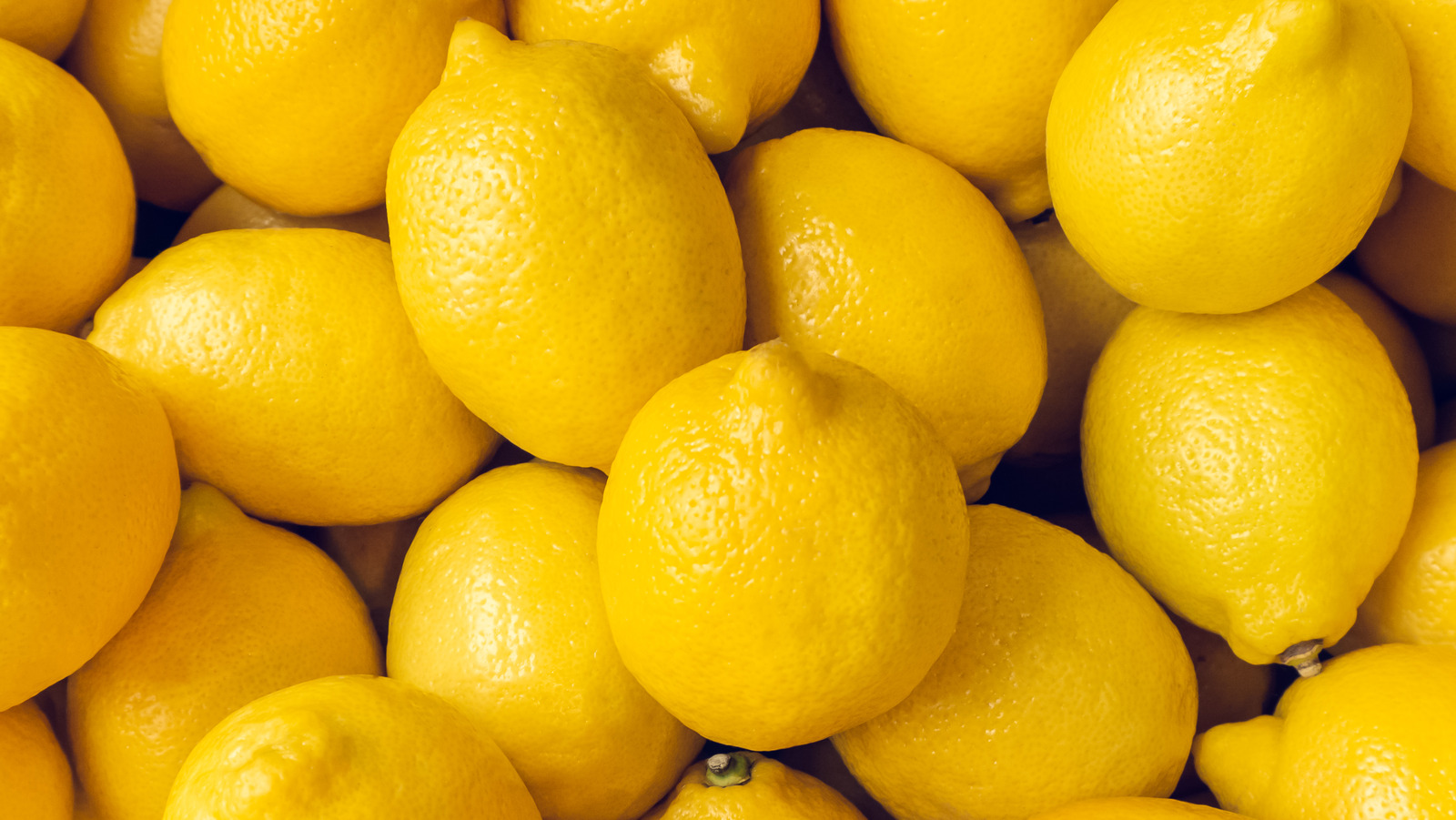

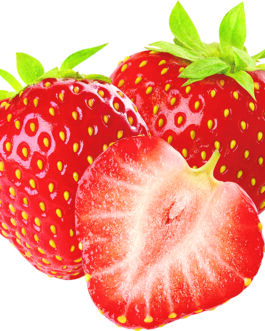

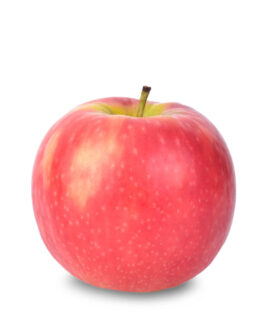
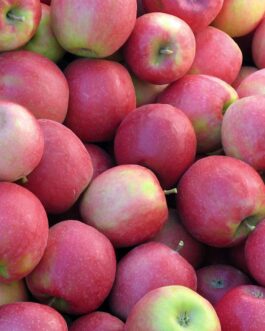
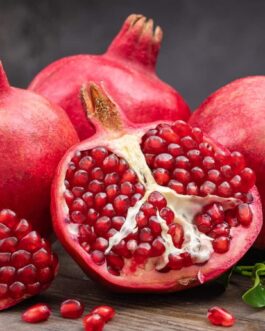
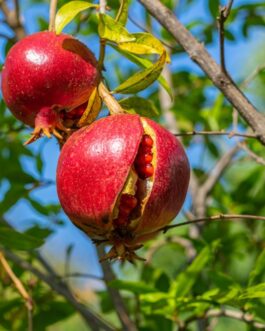
Reviews
There are no reviews yet.